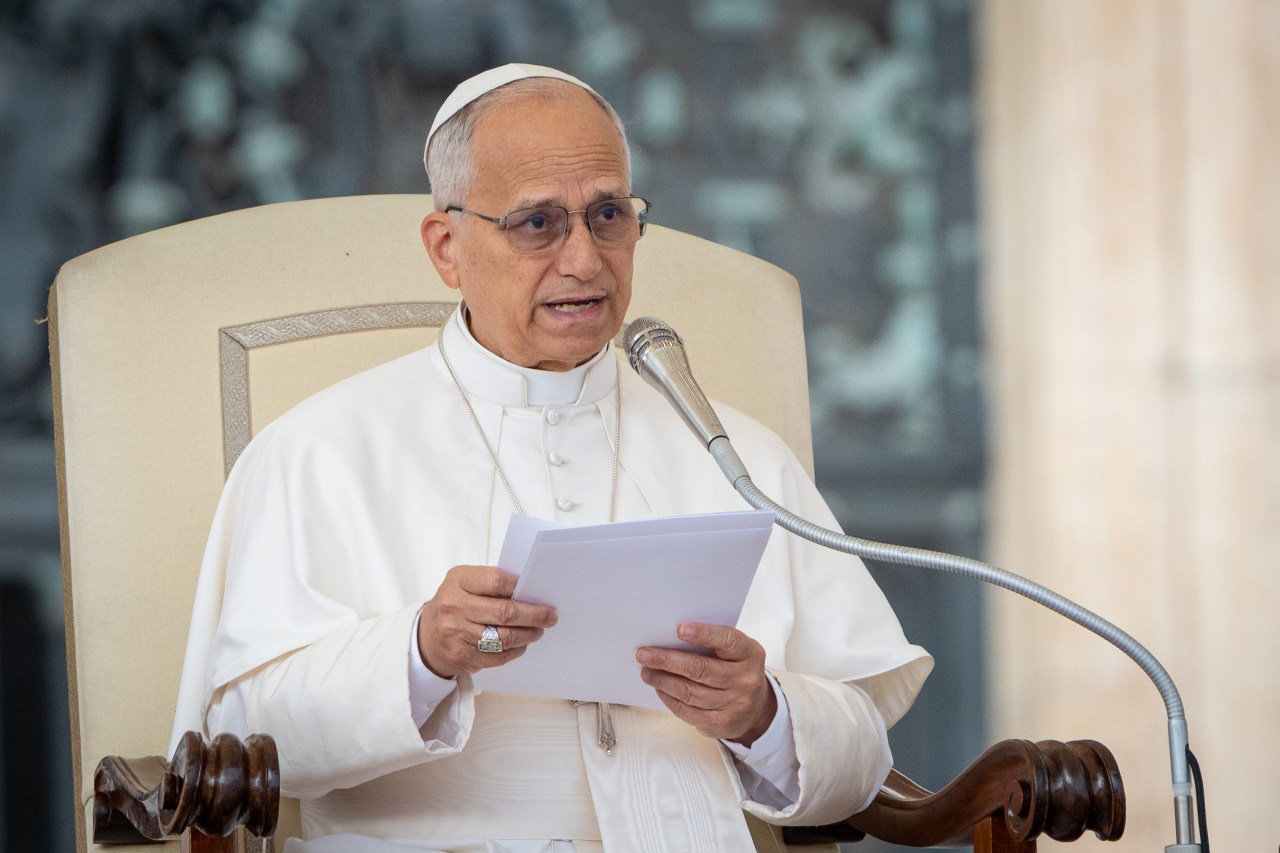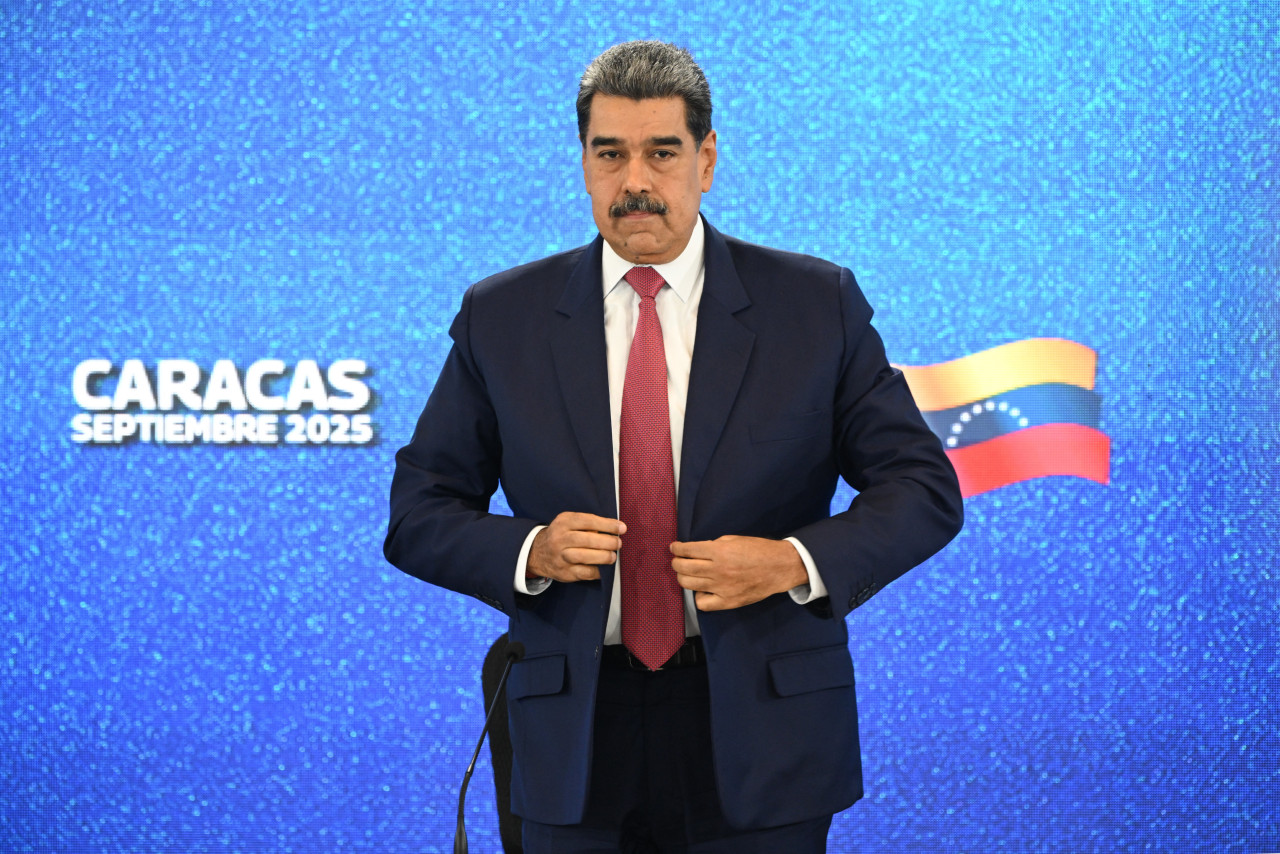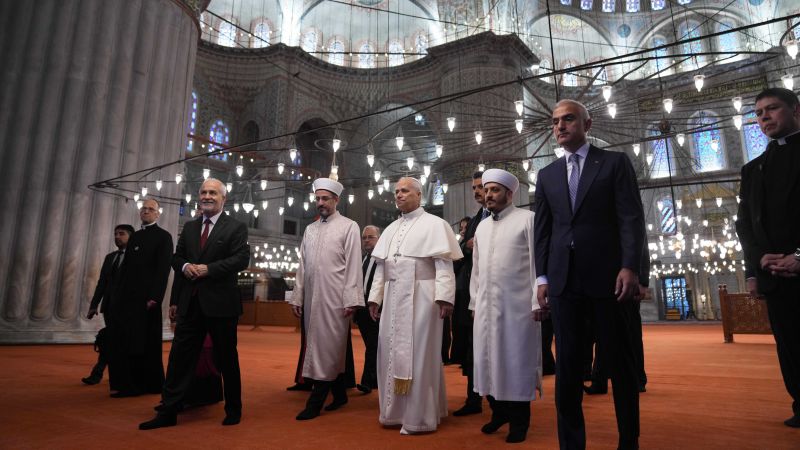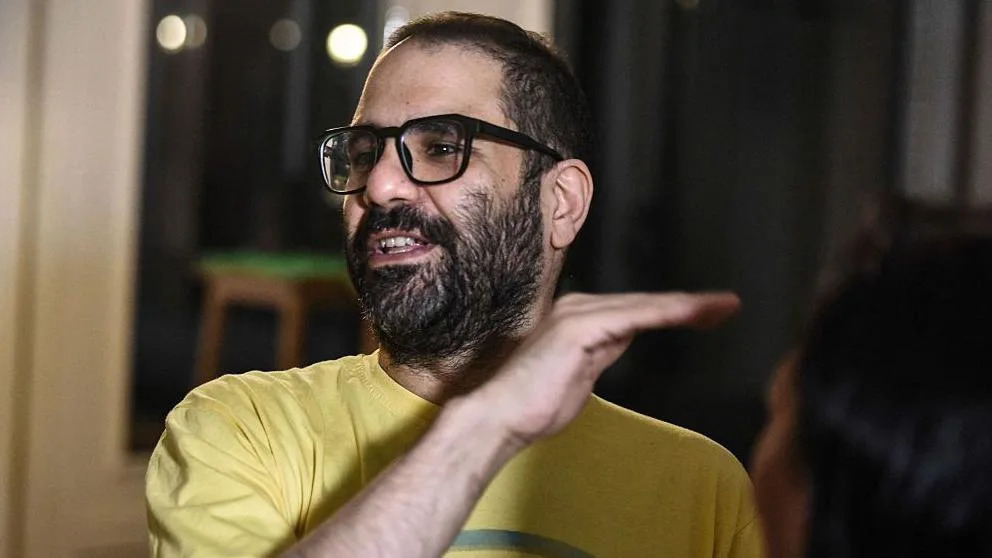Pope Leo XIV has publicly asserted that chatbots and artificial intelligence (AI) should not be regarded as sentient beings with rights. This statement, made during a recent address at the Vatican, aims to clarify misconceptions surrounding the capabilities and nature of AI technologies. The Pope emphasized the distinction between human beings and machines, arguing that while AI can simulate conversation and behavior, it lacks true consciousness and moral agency.
In his remarks, the Pope highlighted the potential dangers of attributing human-like qualities to AI. He warned that such beliefs could lead to ethical dilemmas concerning rights and responsibilities, complicating the already complex landscape of human rights. The discussion comes as AI technology, particularly in the form of chatbots, becomes increasingly integrated into daily life, raising questions about the implications of their use in society.
Clarifying the Role of AI
During the address, which took place on October 15, 2023, Pope Leo XIV stated, “AI is a tool created by humans to serve humanity, not a soul that possesses rights.” His comments reflect a growing concern among religious and ethical leaders about the rapid advancement of technology and its impact on human values.
The Vatican has long been engaged in discussions about the moral implications of technology. Experts within the church are advocating for responsible development and use of AI, emphasizing that it should enhance human well-being rather than replace or undermine it. The Pope’s statements align with these views, reiterating that human dignity must remain at the forefront of technological advancements.
Many in the tech community have welcomed the Pope’s clarity on the matter. As AI continues to evolve, some have expressed apprehension regarding the blurring lines between human and machine interactions. The Vatican’s position serves as a reminder of the ethical considerations that must accompany technological progress.
The Future of Human-AI Interaction
As AI technologies advance, the conversation surrounding their role in society is likely to intensify. The Pope’s address has sparked dialogue among ethicists, technologists, and policymakers about the responsibilities that come with AI development. With the potential for AI to influence various sectors, including healthcare, finance, and education, it is crucial to establish guidelines that prioritize human rights and ethical standards.
In the wake of the Pope’s remarks, numerous organizations are expected to convene to address the implications of AI on society. Initiatives aimed at establishing ethical frameworks for AI usage are likely to gain momentum, promoting collaboration among stakeholders in government, industry, and academia.
The Vatican’s call for a thoughtful approach to AI is timely, as discussions about the future of technology and its impact on humanity remain a pressing concern. Pope Leo XIV’s reaffirmation of human dignity in the face of rapid technological change serves as a crucial reminder of the need for balance between innovation and ethical responsibility.







